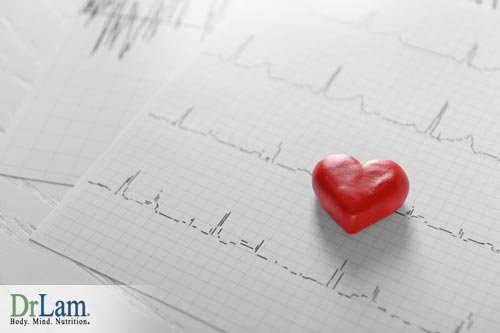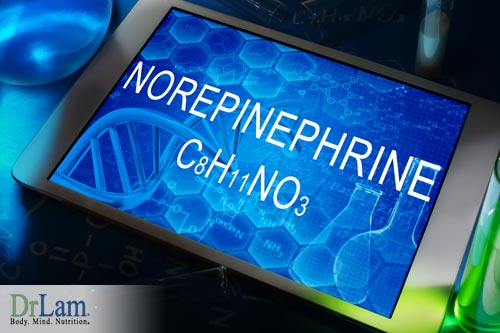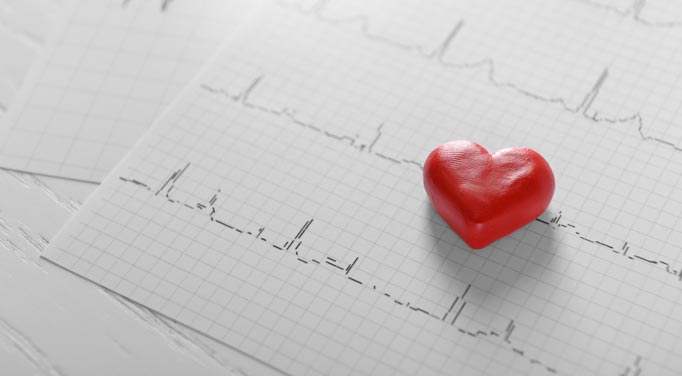 What atrial fibrillation causes should you be aware of? Atrial fibrillation is the medical term for an irregular heartbeat. Most of the time Atrial Fibrillation causes a rapid heartbeat. This can cause poor circulation to the rest of your body.
What atrial fibrillation causes should you be aware of? Atrial fibrillation is the medical term for an irregular heartbeat. Most of the time Atrial Fibrillation causes a rapid heartbeat. This can cause poor circulation to the rest of your body.
It was found that for both men and women some of the strongest risk factors for atrial fibrillation were palpitations and hypertension.
Some of the Symptoms to Look for include:
In most cases no it’s not life threatening, but it is a real medical condition that needs to be treated and evaluated by your doctor. There are two types, chronic where your heartbeat is always abnormal and occasional were this only sometimes happens.
There are two main ways atrial fibrillation is treated through surgery and through medication.
There are some of the known causes:
Can atrial fibrillation causes impact the NEM response? Well, heart rate and rhythm fluctuate in response to certain signals. The initiation of these signals can be from the NEM stress response, as we shall see now.
Certain types of imbalances are associated with atrial fibrillation, especially in relation to Adrenal Fatigue and the NeuroEndoMetabolic (NEM) Stress ResponseSM, including its metabolic, neuro-affective, cardionomic and hormonal circuits.
The neuroendocrine (NE) circuits involve the thyroid, heart, autonomic nervous system, the brain, the gastrointestinal tracts and the adrenals. They activate when the hypothalamic-pituitary (HPA) axis is triggered by stress.
When the NE system is activated, the metabolic circuit is also activated. It includes the liver, extra-cellular matrix, the immune system, the microbiome and the pancreas. When these hormonal and metabolic responses to stress are engaged, the central nervous system (CNS) also becomes involved. In fact, the CNS, the brain and the gut regulate much of the NEM’s neuro-affective stress response.
 For example, norepinephrine is a neurotransmitter that helps support brain alertness within the CNS. The autonomic nervous system (ANS) allows norepinephrine to create an effect outside of the CNS, such as on the heart and blood vessels. Over activity of it can induce heart pounding and anxiety.
For example, norepinephrine is a neurotransmitter that helps support brain alertness within the CNS. The autonomic nervous system (ANS) allows norepinephrine to create an effect outside of the CNS, such as on the heart and blood vessels. Over activity of it can induce heart pounding and anxiety.
Another circuit of the NEM stress response involved in preparing the body for “fight-or-flight” through adrenaline and norepinephrine release is the cardionomic. Disruptions in the cardionomic response can lead to heart palpitations, cardiac arrhythmia, dizziness, high blood pressure, shortness of breath and breathlessness.
In a healthy individual, adrenaline transporters remove excess adrenaline released from the adrenal glands before they cause damage by staying in circulation.
But in those suffering from adrenal exhaustion and dysregulation of the NEM stress response, the sympathoadrenal system (SAS) is on overdrive and creates a set of symptoms known as the reactive sympathoadrenal response (RSR). RSR floods the body with adrenaline and norepinephrine, causing fast resting heart rate, palpitations, strong heart beat, anxiety and panic attacks, among other symptoms.
And these reactions are constant, without enough time in between to give the body a chance to recover and rest. This imbalance in the hormonal and metabolic circuits of the NEM stress response cause frequent adrenaline rushes, even during rest, giving rise to palpitations and heart pounding. Blood pressure, which is usually below normal for adrenal fatigue patients, can soar.
The consistently high levels of adrenaline and norepinephrine cause abnormal cardiac arrhythmias, like atrial fibrillation, whether vagally or sympathetically mediated.
Please see your doctor if you are experiencing any of the symptoms of atrial fibrillation or atrial fibrillation causes, including having chest pain please go to the emergency room. Chest pain is a sign of heart attack.

